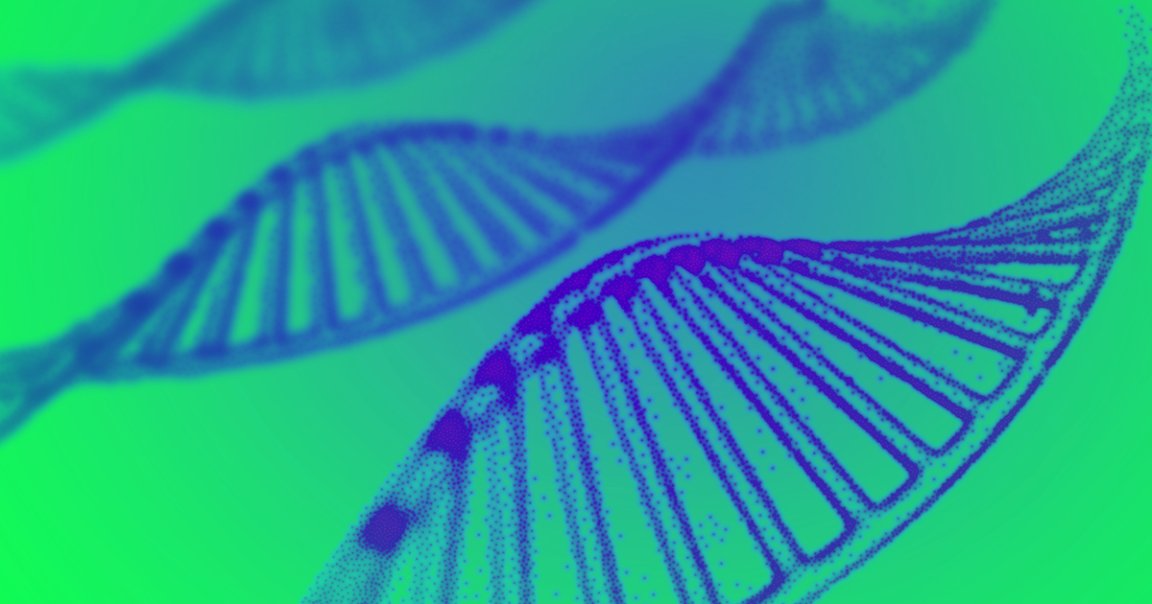
Private Property
If a new amendment to federal patent legislation gets signed into law, biotech and pharmaceutical companies may be able to patent individual human genes — claiming the right to all experimentation, tests, and treatments of genetic conditions.
The law would reverse the legal precedent that the U.S. Patent Office can’t grant intellectual property rights over products of nature or abstract ideas, argue two lawyers from the American Civil Liberties Union (ACLU) in a blog post — meaning patent holders could jack up prices for treatments while stifling important medical research.
Bad Business
In a letter to the politicians behind the proposed amendment that was cosigned by dozens of other activist, research, and health organizations, the ACLU argues that letting companies patent human genes would allow them to set high prices for medical treatments and eliminate competition.
For instance, if a company patented a gene linked to Alzheimer’s disease, it would have exclusive rights to explore, develop, and sell any treatments or therapies.
“One hundred and fifty years of case law will be wiped out by this bill and the legal battles central to and correctly decided in each of the cases mentioned will have to be fought again,” the letter reads. “Patients will again be at risk of lacking access to information about their genes, about their very selves.”
READ MORE: Who Controls Our Genes? Congress Is Deciding Right Now and It Could Harm Our Health. [ACLU Blog]
More on genetics: Scientists Are Having Trouble Keeping Gene-Hacked Creatures Alive